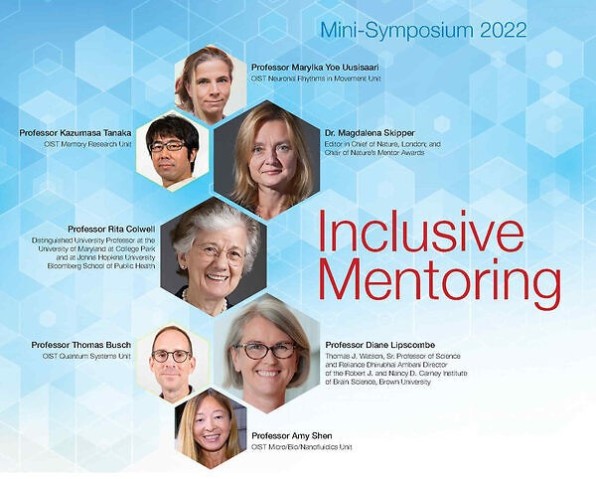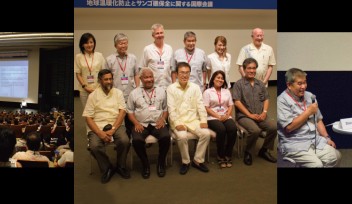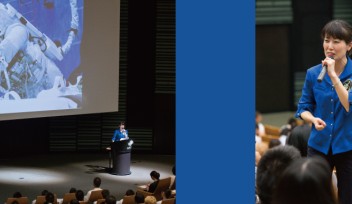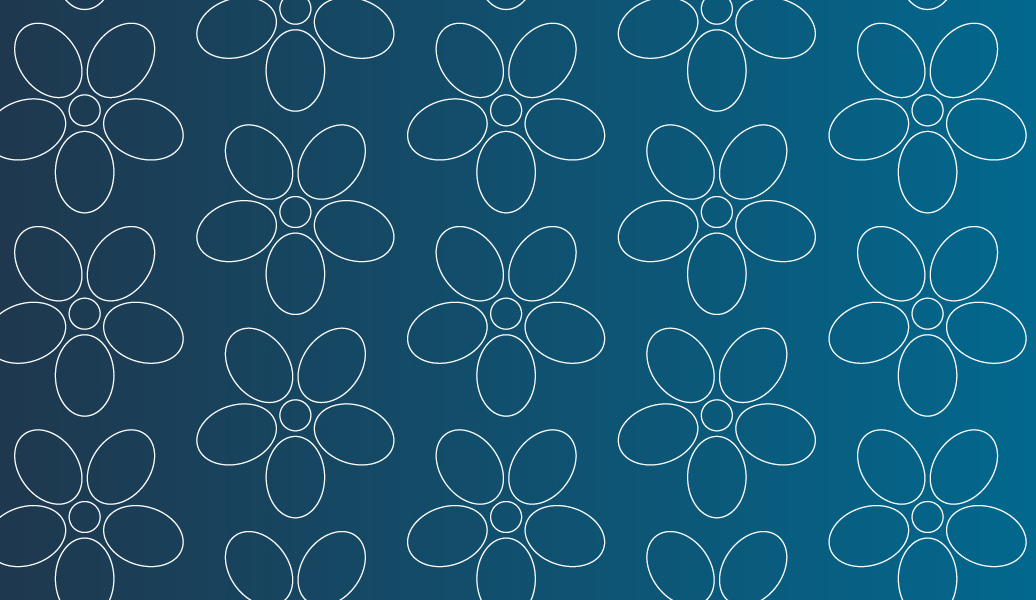Mentorship in a scientific environment: How can we ensure it’s inclusive?

Establishing an effective mentorship is a two-way process, requiring effort and work from both the mentor and the mentee. Trust, responsiveness, and availability are key ingredients. Recognizing biases and stereotypes within institutions is vital. And although it is common for the mentor to be more advanced in their career than the mentee, recently the reverse has also been shown to bring about productive mentorships. These were just some of the themes discussed at “The Inclusive Mentoring mini-symposium”, run by the Center for Professional Development and Inclusive Excellence (C-Hub) at the Okinawa Institute of Science and Technology Graduate University (OIST).

C-Hub was established at OIST in 2021 to foster individual professional development and support the cultivation of a diverse, equitable, and inclusive climate through consultations, certificate programs and workshops, grants, and other forms of support. Their work encompasses evidence-based practices and research. This symposium, C-Hub’s first, was held from February 16-17, 2022 and attracted a total of 150 registrations. It featured three keynote speakers, student and faculty panels, and several, more informal breakout sessions.
“Scientific innovation, creativity, and excellence is crucially dependent upon our ability to diversify and foster the talent pool of our future scientists,” said Dr. Kathy Takayama, Senior Consultant for Professional Development and Inclusive Excellence. “For institutions to succeed in this capacity, all of us must take responsibility to cultivate educational and research climates that are inclusive, equitable, and allow all individuals to thrive. Inclusive mentorship is paramount and necessary for successful, flourishing teams, productive collaboration, and communication, and continues to impact subsequent generations of mentors and mentees.”
She went on to say that the presentations and discussions at the symposium highlight the lifelong impact of inclusive mentorship in its many forms—peer mentorship, empathy, a willingness and stance to continue learning, and the important influence and positive impact of those that can use their privilege or power to support those that are underrepresented or invisible.
The symposium was specifically designed around institutions and individuals promoting impactive, inclusive mentoring cultures in the sciences. It sought to answer key questions, such as, how can future scientists actively foster inclusive climates for research? And how can we address systemic practices that preclude inclusion and equity by developing intentional approaches to inclusive mentorship?
The three keynote speakers were Dr Magdalena Skipper, the editor-in-chief of Nature, who talked about the collaborative nature of mentorship, Prof. Diane Lipscombe, Director of the Carney Institute of Brain Science at Brown University, who discussed making the case for mentorship, and Prof. Rita Colwell, a distinguished microbiologist and member of the OIST Board of Governors, who gave a presentation, titled “Women as Leaders”.
Lakshmipriya Swaminathan, 4th year OIST PhD student, was in the first student panel. She stated that it was important for her to have mentors who steered her in the right direction but allowed her to learn lessons along the way. “I’ve been lucky to have mentors who were available when I needed guidance, and who were able to gauge how I worked and tailored their guidance based on that, but they also left space so I could figure things out on my own.”
5th year OIST PhD student, Rachapun Rotrattanadumrong, gave insights into what mentorship should be like for international students during the second student panel. “As an international student, you don’t have the network you would have if you had done your undergraduate in that country. A mentor needs to understand that international students have these needs and maybe needs to point them in the direction of people that might help.”
The two faculty panels consisted of Prof. Amy Shen and Prof. Thomas Busch, and Prof. Kazumasa Tanaka and Prof. Marylka Yoe Ususisaari respectively. The importance of building a diverse team, having institutions address issues of bias, and putting the work in to ensure that mentorships are productive even in times of challenge were some of the themes highlighted.
Prof. Rita Colwell gave the final presentation of the seminar where she talked about the numerous difficulties that came with being a pioneering woman in her research. Her advice was for colleagues to step up and speak out in toxic environments and for institutions to recognize and reward individuals who work between departments to mentor and bring down unconscious biases.
Building on the strong interest and encouraging feedback for this symposium, C-Hub has launched a new Peer Mentoring Circles program this spring for faculty, students, researchers, and staff, and will be publishing a regularly updated manual, “OIST’s Guide to Inclusive Mentoring”. Additional plans for C-Hub’s programs include a series of certificate programs in Inclusive Scientific Communication; Best Practices in Pedagogy and Course Design; and training workshops in diversity, equity, and inclusion.
For press enquiries:
Press Inquiry Form















